Drop the Labels! Kids Shine When We Focus on Strengths

Are you familiar with labeling theory? Sociology buffs probably are. It proposes that people come to both identify and behave in ways reflecting the labels we place on them— Essentially, how we label people impacts their behavior. Read more ›


 Even if they don’t show it, even if they act like they don’t care, on some level our children believe everything we say about them. Why not leverage our children’s trust in what we say to empower them to become their best selves?
Even if they don’t show it, even if they act like they don’t care, on some level our children believe everything we say about them. Why not leverage our children’s trust in what we say to empower them to become their best selves? 
 In our everyday lives, we place labels on many things, such as food, clothing, even people. We label people based on various social and biological features (age, gender, ethnicity, religion, race, occupation, appearance, etc.). While some labels are useful in categorizing information we process, such as “friendly or harmful,” other labels are not.
In our everyday lives, we place labels on many things, such as food, clothing, even people. We label people based on various social and biological features (age, gender, ethnicity, religion, race, occupation, appearance, etc.). While some labels are useful in categorizing information we process, such as “friendly or harmful,” other labels are not. 
 It’s tempting – and easy – to give children labels. At a very young age, they can seem very simple and predictable for us. Here are the reasons why it’s not a good parenting practice.
It’s tempting – and easy – to give children labels. At a very young age, they can seem very simple and predictable for us. Here are the reasons why it’s not a good parenting practice. 
 When provided with the foundation of a safe environment, trusted mentors and opportunities to engage, all young people can be empowered to develop the skills they need to become self-advocates and elevate their voices.
When provided with the foundation of a safe environment, trusted mentors and opportunities to engage, all young people can be empowered to develop the skills they need to become self-advocates and elevate their voices. 
 Children are curious and often have questions when they encounter people that are different from them, whether it be race, age, ability, religion, disability, gender, sexual orientation or appearance, just to name a few. But while their questions can be embarrassing at times, it’s important to answer those questions and talk about their curiosity.
Children are curious and often have questions when they encounter people that are different from them, whether it be race, age, ability, religion, disability, gender, sexual orientation or appearance, just to name a few. But while their questions can be embarrassing at times, it’s important to answer those questions and talk about their curiosity.
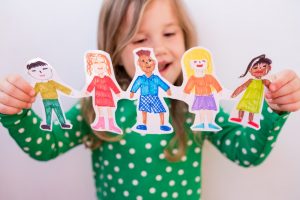 Contrary to the common belief that young children “don’t see race,” a mountain of research evidence confirms that racial awareness starts early. We know that within a few months of birth, babies prefer own-race faces, and that by roughly age 3 kids start to form judgments about others based on racial differences. And by kindergarten, kids perceive that different racial groups have different social status.
Contrary to the common belief that young children “don’t see race,” a mountain of research evidence confirms that racial awareness starts early. We know that within a few months of birth, babies prefer own-race faces, and that by roughly age 3 kids start to form judgments about others based on racial differences. And by kindergarten, kids perceive that different racial groups have different social status. 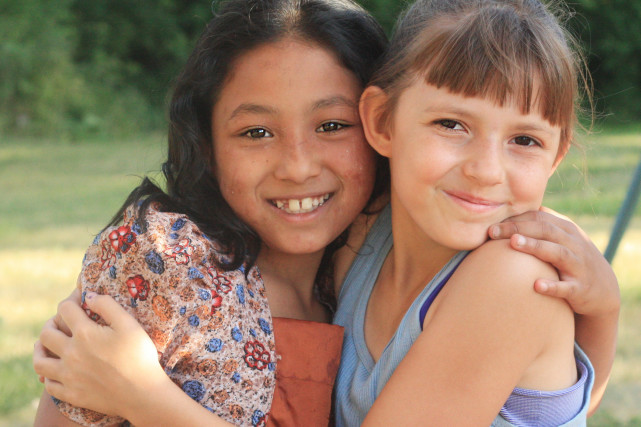
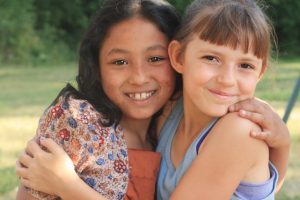 Here’s the beautiful thing about kids—most are born with a natural sense of justice and fairness. Unless they are taught to be hurtful and cruel, most children know that it is wrong to attack others either physically or with words.
Here’s the beautiful thing about kids—most are born with a natural sense of justice and fairness. Unless they are taught to be hurtful and cruel, most children know that it is wrong to attack others either physically or with words.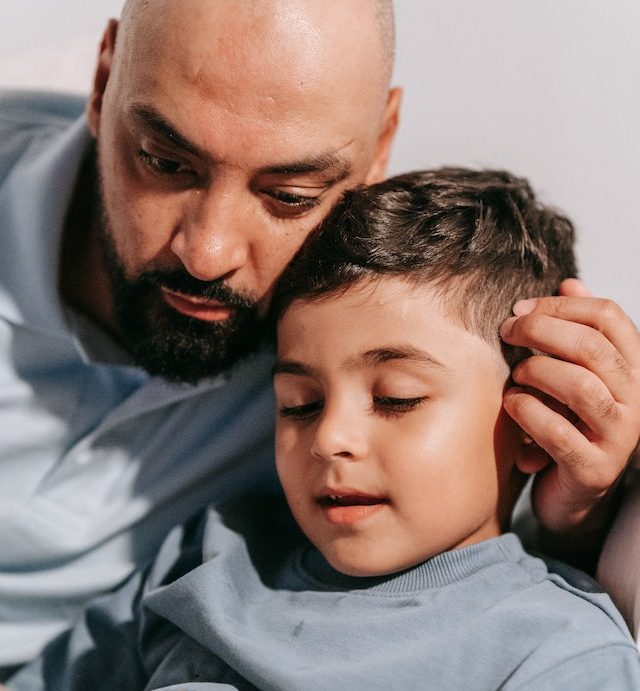
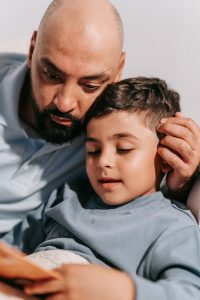 Talking openly and positively about differences can help children better understand themselves and those around them. Embracing diversity and inclusion empowers kids to engage their world with curiosity, confidence and kindness.
Talking openly and positively about differences can help children better understand themselves and those around them. Embracing diversity and inclusion empowers kids to engage their world with curiosity, confidence and kindness. 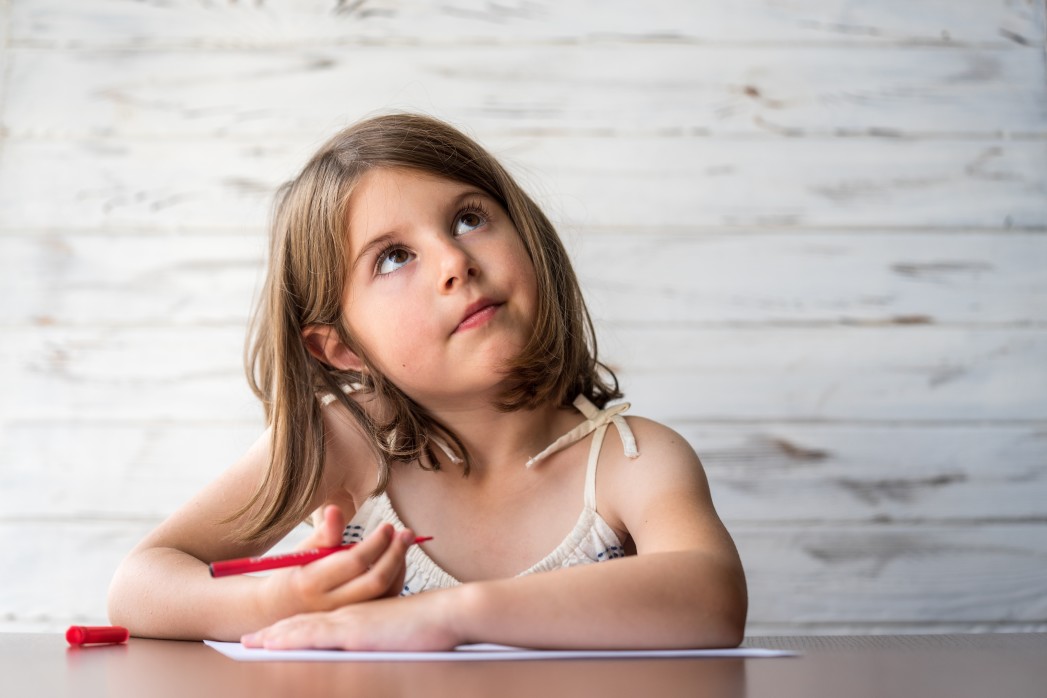
 Raising a child with ADHD isn’t like traditional childrearing. Normal rule-making and household routines can become almost impossible, depending on the type and severity of your child’s symptoms, so you’ll need to adopt different approaches.
Raising a child with ADHD isn’t like traditional childrearing. Normal rule-making and household routines can become almost impossible, depending on the type and severity of your child’s symptoms, so you’ll need to adopt different approaches. 

